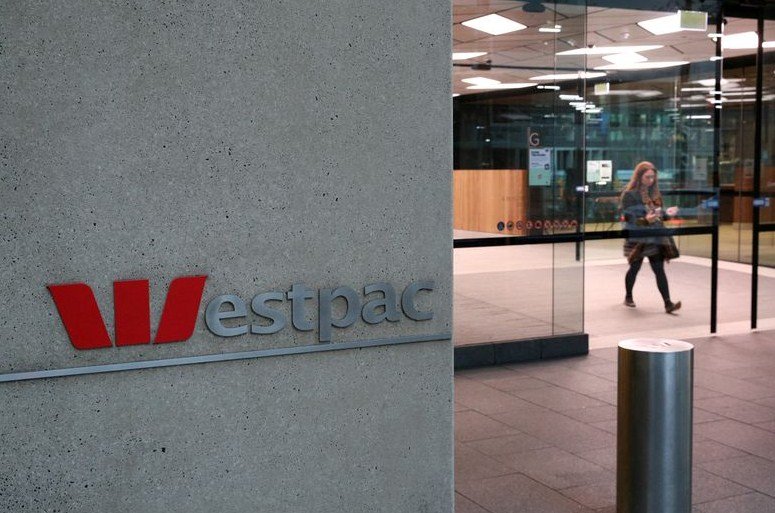Westpac, Australia’s second-largest bank, has announced that it has scrapped the sale of its Fiji and Papua New Guinea (PNG) businesses, ending a long and troubled process that faced multiple regulatory obstacles.
Westpac’s Pacific exit plan
Westpac had been trying to exit the Pacific region for years, as part of its strategy to simplify its operations and focus on banking in Australia and New Zealand. In December 2020, it announced the sale of its Fiji and PNG businesses to Kina Securities, a PNG-based financial services company, for up to A$420 million ($264.77 million).
The deal was subject to regulatory approvals in both Fiji and PNG, but it faced strong opposition from local authorities and stakeholders. In September 2021, the PNG Independent Consumer and Competition Commission (ICCC) rejected the sale, citing concerns over market concentration, reduced competition, and potential job losses.
The ICCC also imposed a A$4 million ($2.52 million) penalty on Westpac for failing to notify it of the proposed sale before signing the agreement with Kina Securities. Westpac said it would challenge the penalty in court.
Westpac’s new strategy for Pacific business
Following the ICCC’s decision, Westpac said it had cancelled the sale and would continue to operate its Fiji and PNG businesses while reviewing the impact on the deal. On Wednesday, it confirmed that it had decided to retain and invest in its Pacific operations, which have been serving customers for over 100 years.
Anthony Miller, CEO of Westpac’s business and wealth division, said in a statement that the bank would launch a new brand campaign in the coming months to improve its standing in the local markets. He also said that the bank’s Pacific business was seeing growth and operational recovery after the COVID-19 pandemic.
“We are committed to supporting our customers and communities in Fiji and PNG as they recover from COVID-19 and build a stronger future,” Miller said.
Westpac’s broader divestment program
Westpac’s decision to keep its Pacific business comes amid its broader divestment program, which aims to streamline its portfolio and reduce costs. The bank has sold or exited several non-core businesses in recent years, including its life insurance, general insurance, auto finance, wealth platforms, and vendor finance units.
Westpac is also planning to demerge its New Zealand business, subject to regulatory approvals, after a strategic review found that it would be better off as a standalone entity. The bank expects to complete the demerger by mid-2023.
Westpac’s CEO Peter King said that the divestments would allow the bank to focus on its core banking operations and improve its performance. “We are simplifying our operations while improving capital efficiency, returns and cash flow,” King said in August.

